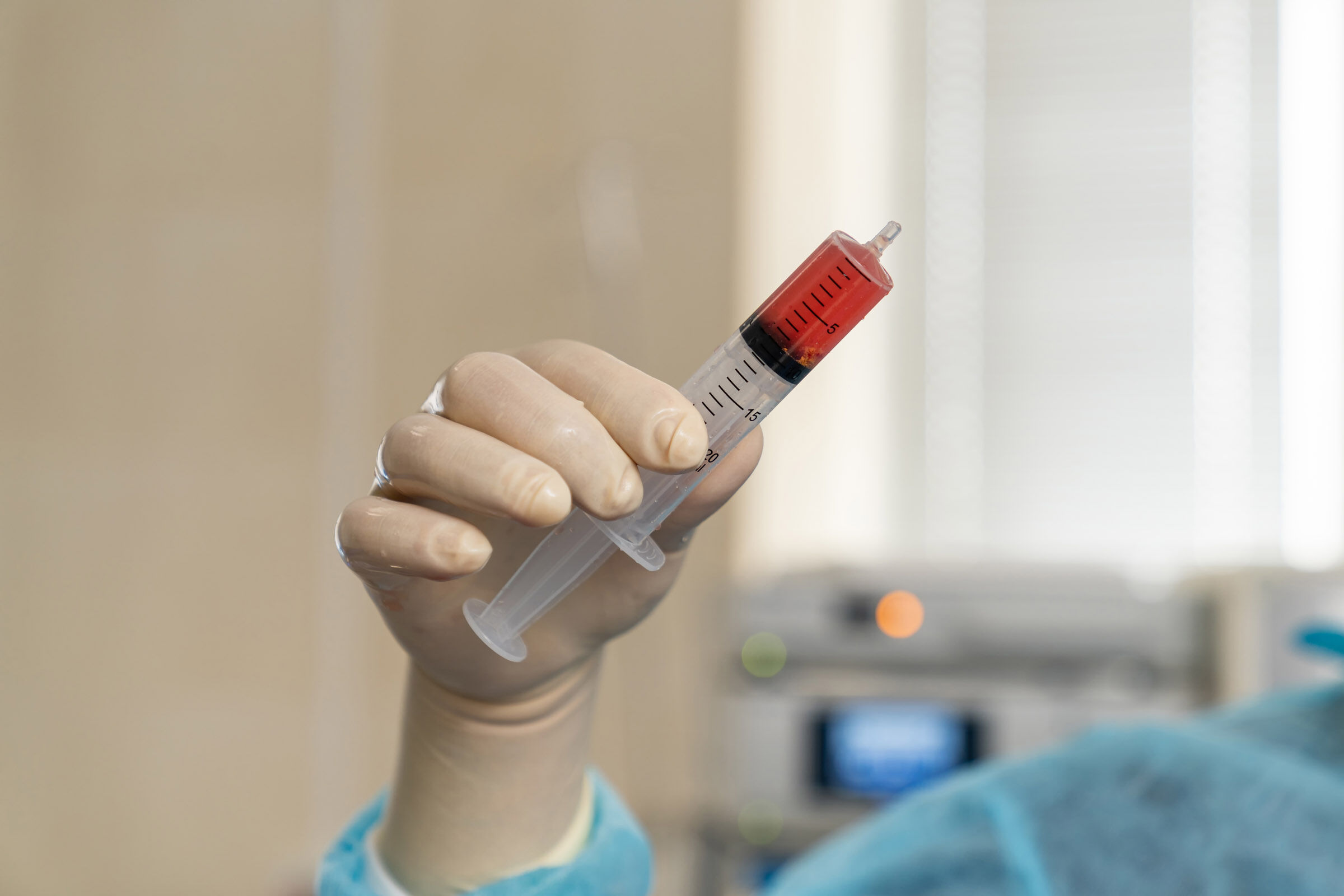Blood
DC firefighters join push for blood marrow, stem cell donations
For years, the National Marrow Donor Program has helped match marrow and stem cell donations to cancer patients and others who need them the most. This year, firefighters in the District are pouring their efforts into the cause.
D.C. firefighters have two big reasons to help put more people on a national bone marrow registry.
The first, over the last decade, firefighters in the U.S. saw a 14% boost in cancer-related deaths, which many believe is related to their exposure to smoke and toxic materials.
“We think that the biggest threat to them might just be running into the fire, but there are a lot more side effects that go along with being a firefighter in general,” said Cori Smothers, the member enrollment coordinator for NMDP’s Be The Match in D.C., Maryland and Northern Virginia.
The second reason is because one of their own recently received a blood cancer diagnosis.
“When I was a rookie, I was diagnosed with cancer,” said D.C. Fire and EMS Lt. Jordan Wiley. “And I was provided a tremendous amount of support. So, after I recovered from that, I promised myself that I would be sure to carry that mission forward.”
Wiley is now leading an effort to get as many firefighters and District residents signed on to the Be the Match national registry, which links bone marrow donors with patients who have life-threatening blood disorders, like leukemia, lymphoma and sickle cell.
Last week, the department opened six firehouses to swab and register firefighters for the cause. DC Fire’s campaign will continue until the end of September, Wiley said.
But, if you’re interested in becoming a donor, you don’t have to go through D.C.’s fire department.
“Anyone can do it,” Wiley said. “Be The Match will mail a swab kit to your home, free of charge, and then you can get on their registry.”
Smothers said many blood cancer illnesses can be treated, or cured through a stem cell donation, which is a platelet or plasma donation in most cases. Roughly 10% of bone marrow cases require a transplant.
“It’s a lot easier than it used to be,” Smothers said. “It’s vital. We have 12,000 searching patients across the country right now. The more people we add on to the registry will result in more matches.”
To take part in the drive, visit the Be the Match website to learn more.

